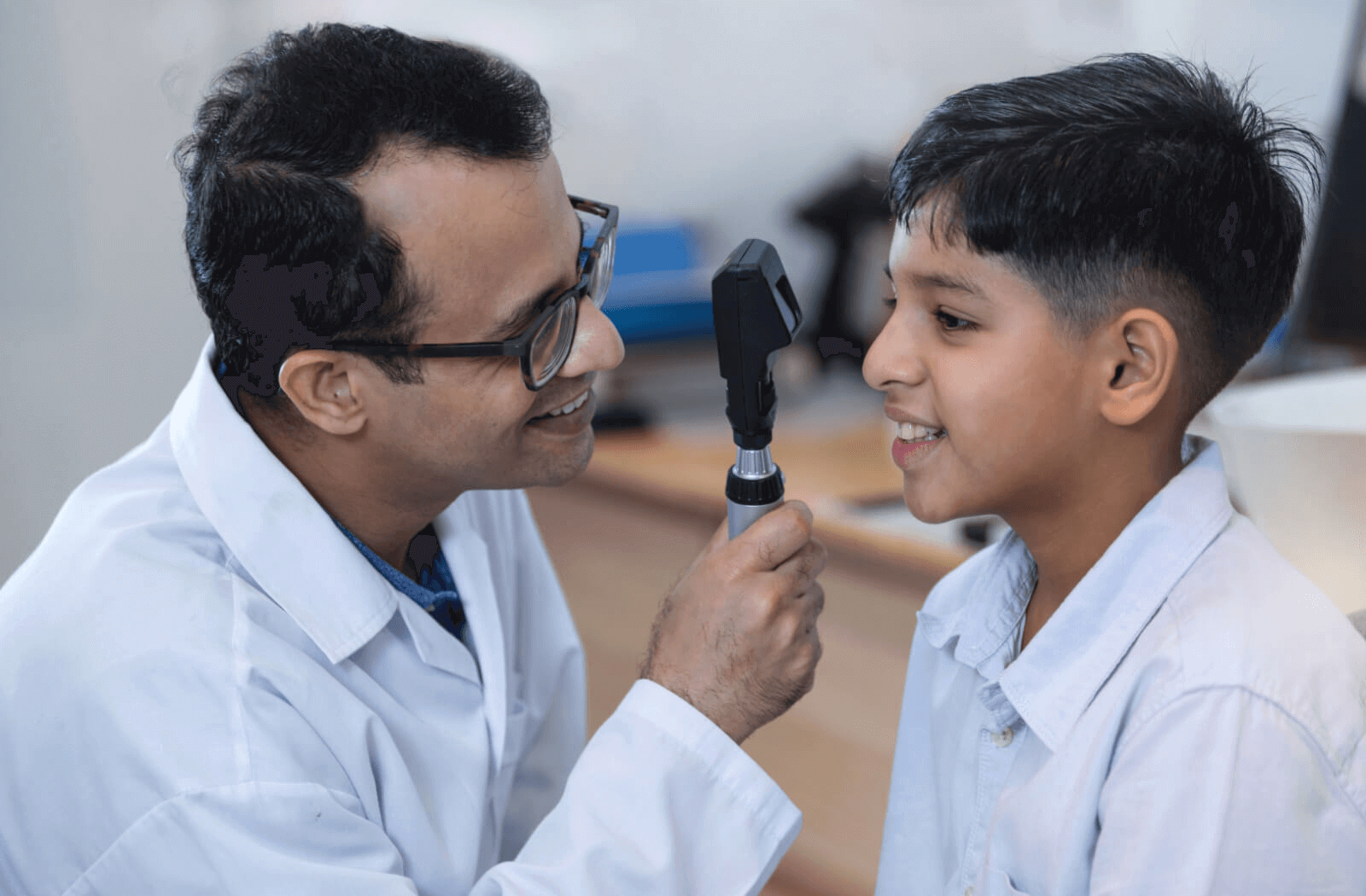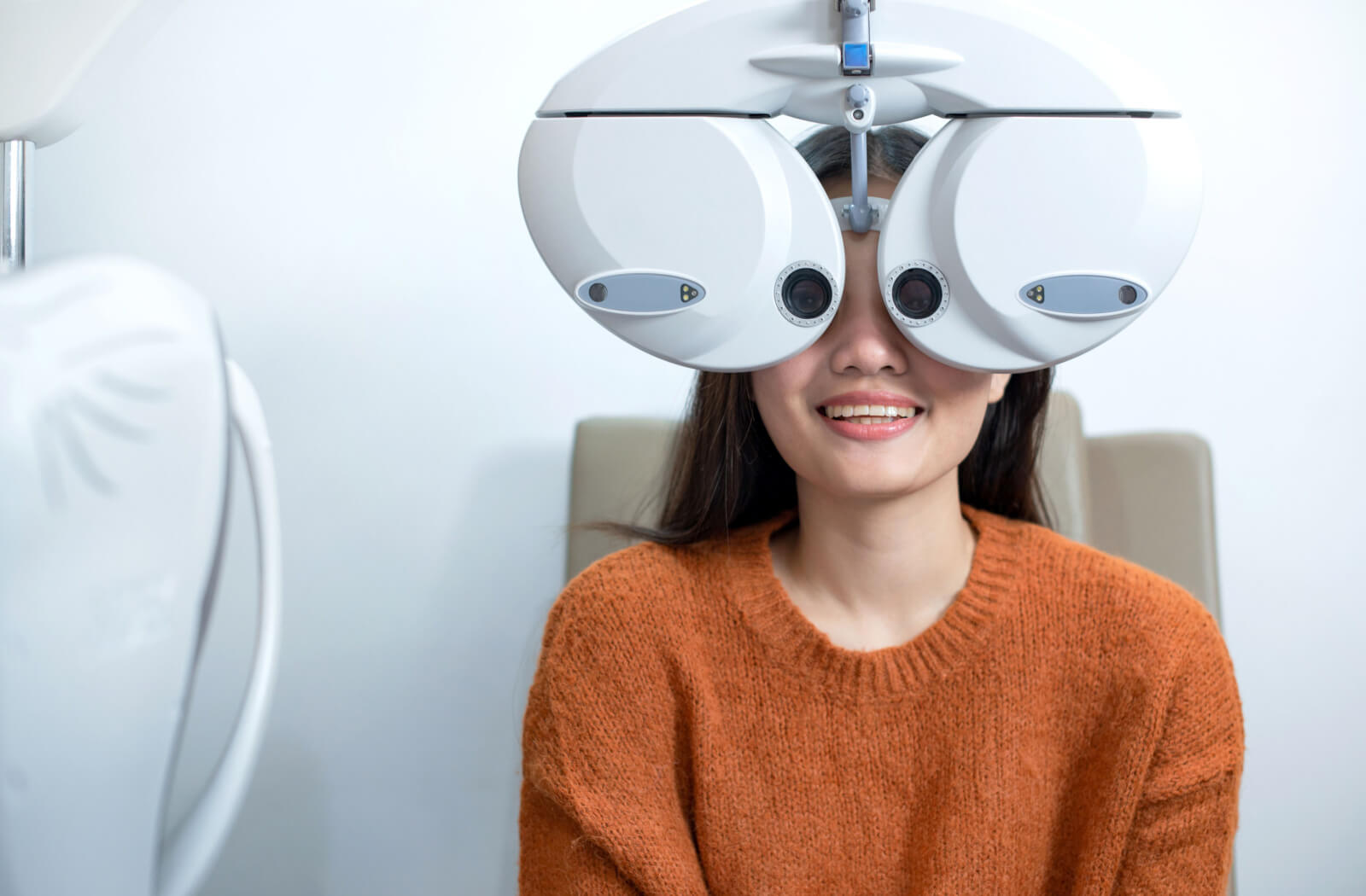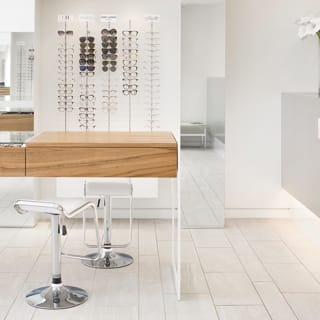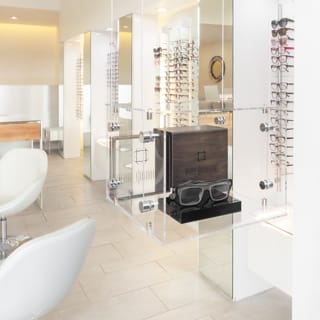Everyone should visit their eye doctor regularly, especially in childhood when certain eye conditions can be slowed down or even completely prevented. Eye exams are vital for protecting your eye health because tests performed by your eye doctor can help to identify and treat eye diseases and other problems during their early stages.
If you have an appointment booked soon, you might be wondering how long your eye exam will take.
Don’t Expect an All-Day Trip to the Optometrist
The length of an eye exam can depend on your eye health and visual needs, but overall, you can expect to be at your appointment for around an hour. If you’re at risk of developing an eye disease, your optometrist may want to complete additional testing to get a more complete picture of your eye health, so the exact amount of time may vary.
If you need glasses or contacts, your eye doctor may need to take time to determine your prescription and the best lenses for your needs, and you may spend a little extra time picking out your favourite frames.
Eye Exams Are Essential for Protecting Your Eye Health
While the most memorable part of an eye exam is often the visual acuity test, your exam is more than a vision screening. Many patients assume they don’t need an eye exam if they have clear vision, but your eye health is so much more than just how well you can see.
Many problems can damage your eye without causing immediately noticeable vision changes. Eye diseases can develop with subtle symptoms and place your long-term eye and visual health at risk.
Eye exams are one of the only ways your eye doctor can diagnose problems during their early stages and help protect your vision with a customized treatment plan.
Your optometrist has several goals during your eye exam, including:
- Testing for refractive errors and vision problems.
- Examining your eyes for signs of eye diseases.
- Providing advice to help you protect your eye and visual health.
How Often Do You Need an Eye Exam?
It is recommended that everyone should have an annual comprehensive eye exam even if they have no eye health concerns, especially since most vision insurance plans offer such benefits.
Others may need even more frequent eye exams, such as patients with diabetes and other sight-threatening eye conditions. Certain medical conditions or having a family history of them can mean an increased risk of specific eye diseases. Your eye doctor can recommend the appropriate eye exam schedule for your personal needs.

What Can You Expect During Your Eye Exam?
Your eye exam may feature many tests to help your eye doctor get a complete picture of your eye health and vision.
You may experience several diagnostic tests during your exam, including preliminary testing, visual acuity testing, and an eye health evaluation.
Preliminary Testing
Preliminary testing can help your eye doctor evaluate different aspects of your eye and visual health. Assessing your vision and how your eyes work together as a team can help to identify refractive errors, binocular vision problems, and even neurological diseases. These tests can assess various elements, from eye muscle weakness affecting eye movements to color vision.
Some of the preliminary testing your eye doctor will perform include:
- Visual Acuity Testing: Visual acuity refers to the clarity and sharpness of your vision, and this form of testing may include an examination of specific visual skills, such as depth perception, eye coordination, and focusing ability.
- Color Vision Testing: Color vision is your eye’s ability to distinguish color. Different types of deficiencies can point to acquired causes or conditions present at birth.
- Eye Alignment & Movement Control Testing: Eye alignment and movement control are the ability to move both eyes together to follow a target or read a line of text. Insufficiencies can point to specific neurological deficits or brain aneurysms.
- Peripheral Vision Testing: Peripheral vision is the ability to see what’s around you when your eyes are fixed on a specific target. This can be done to rule out tumours, strokes, and hemorrhages within specific areas of your brain.
Determining Your Eyeglass Prescription
Eye doctors typically test visual acuity by having you read an eye chart to determine how well you can see. If you struggle with your vision, your optometrist will perform a refraction to determine your eyeglass prescription, which will allow you to see clearly.
Prescriptions are often determined using a specialized device called a phoropter. Your optometrist will ask you to look through different lenses to identify the best lens power for your corrective lenses. By narrowing down the lenses that provide the clearest vision, based on both an objective computerized scan and your own subjective answers, your optometrist can determine the best eyeglass prescription for your eyes.
Eye Health Evaluation
An eye health evaluation is essential for identifying eye diseases, which oftentimes cannot be felt by you or affect your vision.
During this part of your eye exam, your eye doctor examines your eye’s external and internal structures, including your retina and optic nerve, to look for potential problems. Looking at your eye with advanced 3-D laser scannings technology like optical coherence tomography and Optomap retinal scans can help your optometrist assess your overall eye health in more depth.
If you’re at risk of developing an eye disease or have a systemic health condition, such as diabetes, high blood pressure, or high cholesterol, your eye doctor may order additional tests. Further testing can help your optometrist get a full picture of your eye health and provide personalized recommendations for preserving your vision.
Book Your Next Eye Exam
Eye exams are essential for protecting your eye health and vision. As your eye care team, we can help diagnose eye problems early and provide personalized treatment. You should never leave your vision up to chance. Getting regular eye exams is important even when you have clear vision.
Contact Eye Love Optometry when it’s time for your next eye exam. We’re proud to meet your needs for meticulous, personalized eye care.
















